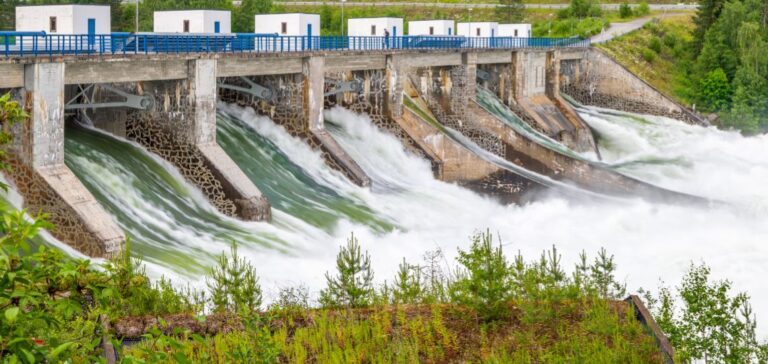The European Union and Norway are set to announce a plan to work together on developing infrastructure to capture and store carbon dioxide emissions, as well as to develop renewable hydrogen production in Europe.
Decarbonization of heavy industries: the EU relies on green technologies
The proposed alliance will be unveiled at a summit of European country leaders and energy ministers in Ostend, Belgium, on Monday. The goal of the summit will be to make the North Sea an engine for offshore renewable energy and clean industrial technologies.
The plan aims to develop European rules and market infrastructure to capture, transport, use and store carbon dioxide emissions. It aims to bring this key technology to market to help decarbonize hard-to-decarbonize industries.
The EU and Norway also intend to intensify their cooperation to promote renewable hydrogen production in Europe. Hydrogen produced from renewable energy is another green technology that the EU is banking on to decarbonize heavy industries such as steel and cement production.
Equinor’s future plans for carbon capture in the North Sea
Efforts to capture carbon dioxide emissions from industry and store them underground in the North Sea have accelerated in recent years as countries rush to meet climate goals. Norwegian companies have been behind some of the major projects, with Equinor capturing and storing CO2 emissions from the Sleipner gas field since the 1990s. Its upcoming projects include Northern Lights, a joint venture to capture CO2 emissions from industrial facilities and inject up to 1.5 million tons per year of CO2 into subsea storage near the Troll gas field starting next year.
The draft declaration, which could still change before it is adopted, does not mention the planned cooperation between the two sides on fossil fuels. Norway delivered 117 billion cubic meters of gas to the EU and Britain in 2022, making it Europe’s largest gas supplier after Russia cut back on deliveries last year.
In sum, the alliance between the European Union and Norway for the development of carbon capture infrastructure and renewable hydrogen production is an important step towards decarbonizing the economy. Efforts to capture carbon dioxide emissions from industry and store them underground in the North Sea have intensified in recent years, but it remains to be seen how the two sides plan to cooperate on fossil fuels.






















